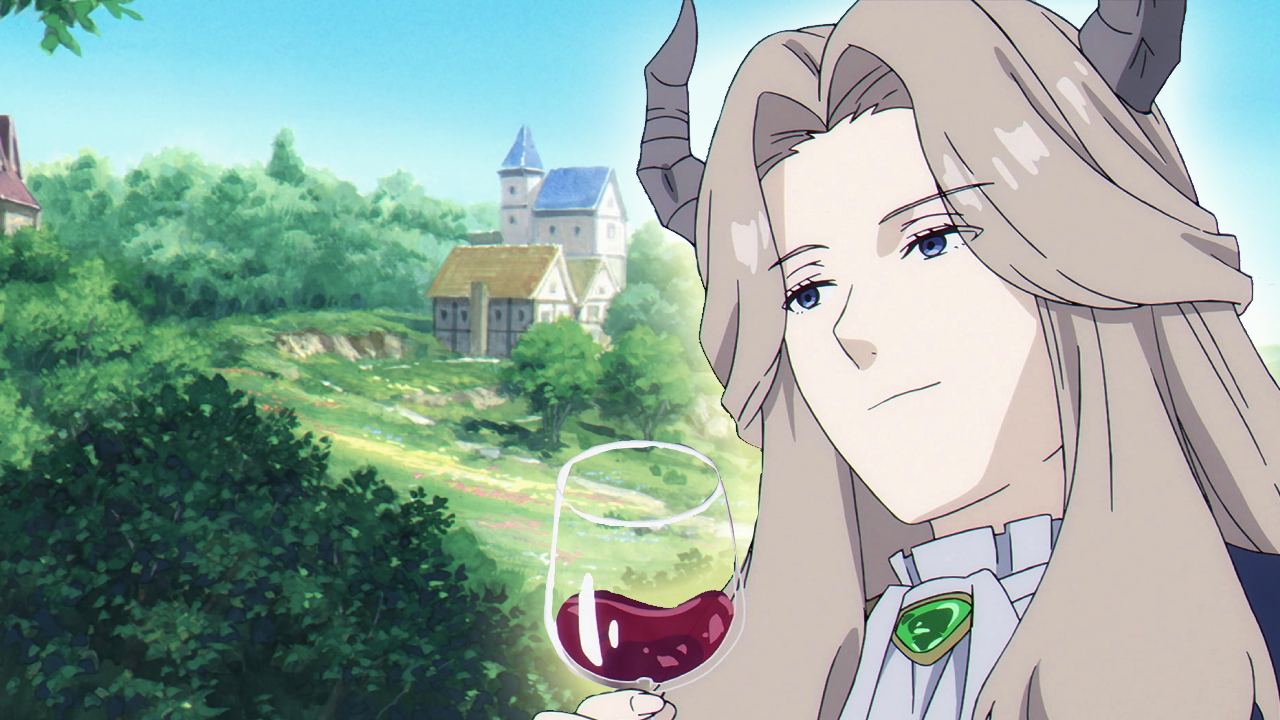Here’s an English breakdown of the character names, plus my unique take on what works and what could be improved upon!
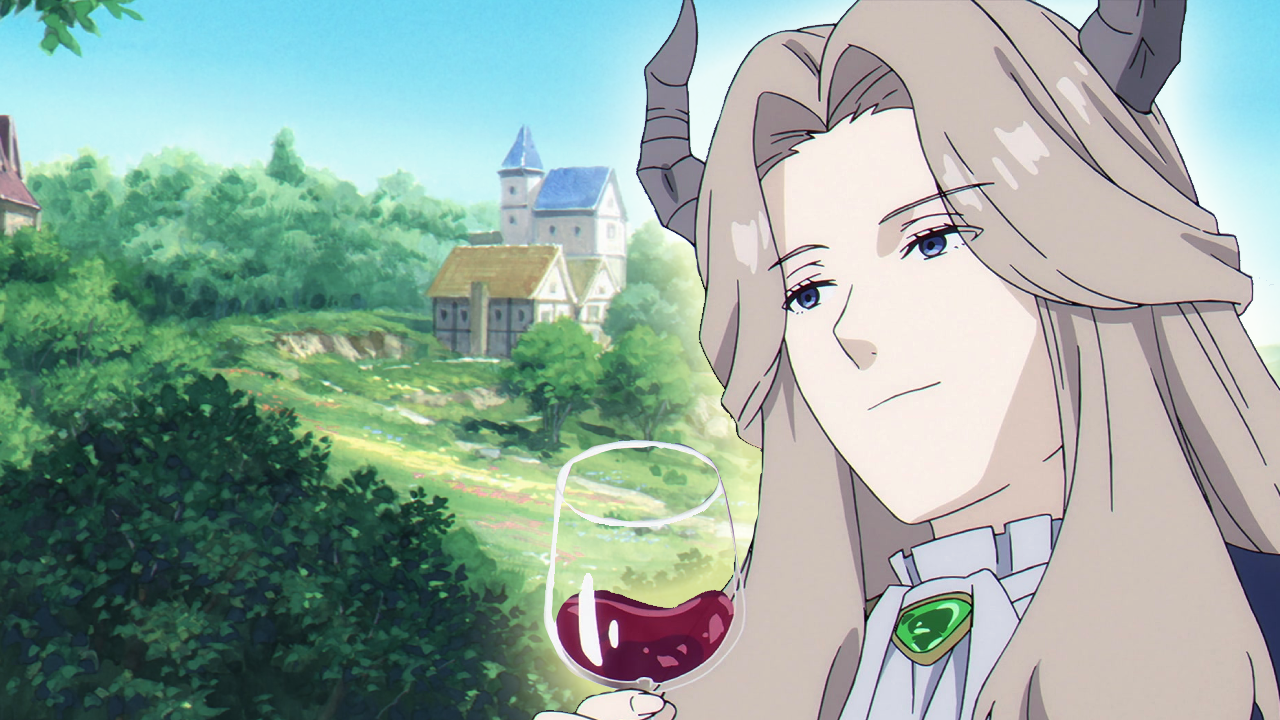
There’s a lot to love about Frieren: Beyond Journey’s End. Like for example the calming vibe or the exploration of philosophical themes.
But if you happen to be German, you gain a whole new perspective on characters and story events. And, yes, at times watching the anime can get kind of funny.
Let’s talk about the names.
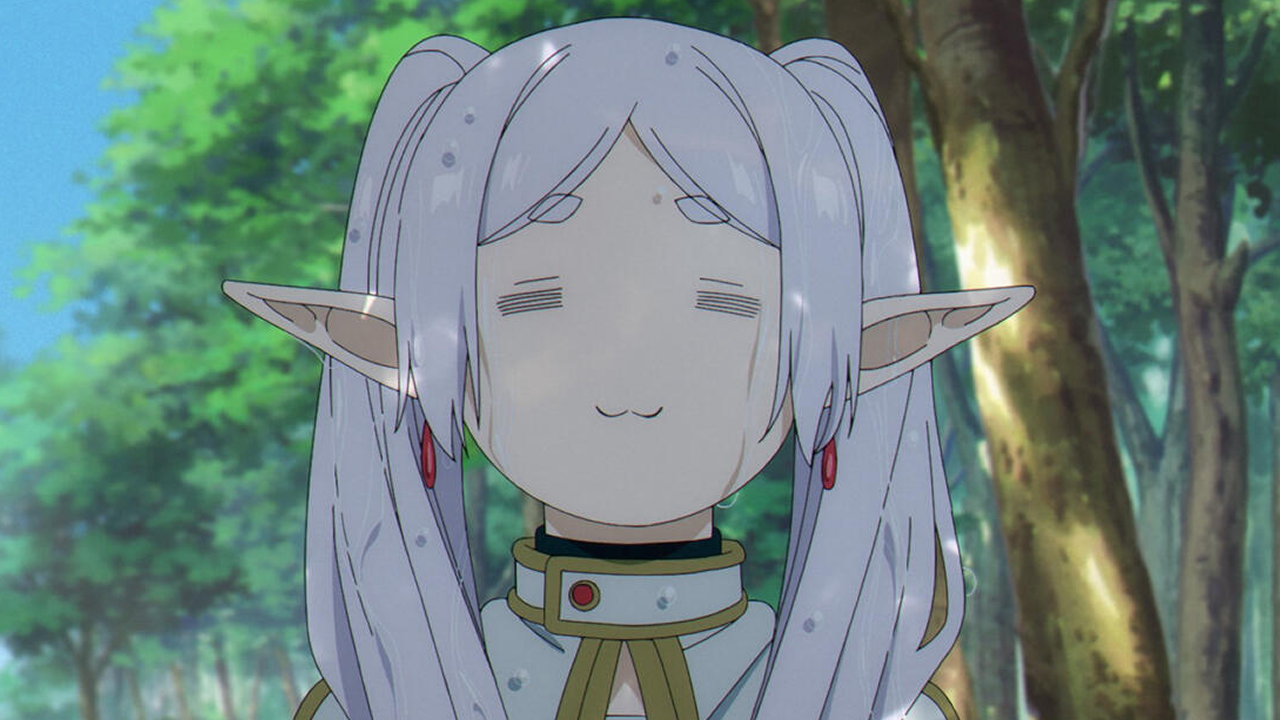
Okay, so first off:
This article contains spoilers for Frieren: Beyond Journey’s End. I'm trying to keep them to a minimum, but in one or two instances it's necessary to characterize someone to explain their name.
If you haven’t watched the anime or read the manga yet, continue reading at your own risk.
The Names That Actually Work Really Well
Let’s start with the positives examples – because there are a lot of them. Let's see what they mean and why they work, even for German viewers.
Some of the names are genuinely well-chosen, and even feel poetic. In most cases, those are the ones that keep the story of a character somewhat ambiguous or have an "old timey" or "abstract" sound:
- Frieren – This one honestly works. It means "to freeze, to feel cold", and it fits her emotionally distant outward image perfectly. It’s not too on-the-nose, and it has that slight mystical ring to it. A win!
- Himmel – Meaning sky or heaven. Given Frieren’s journey is ultimately toward “Heaven” (the character and the place), this is a lovely bit of thematic layering.
- Heiter – It can mean cheerful, or even tipsy. A well chosen word that describes both his personality and his unfortunate drinking habit. A double meaning that fits!
- Richter – This means judge, but also stems from "richten", which can mean "to fix" or "to set right." If this is intentional, it’s low-key brilliant.
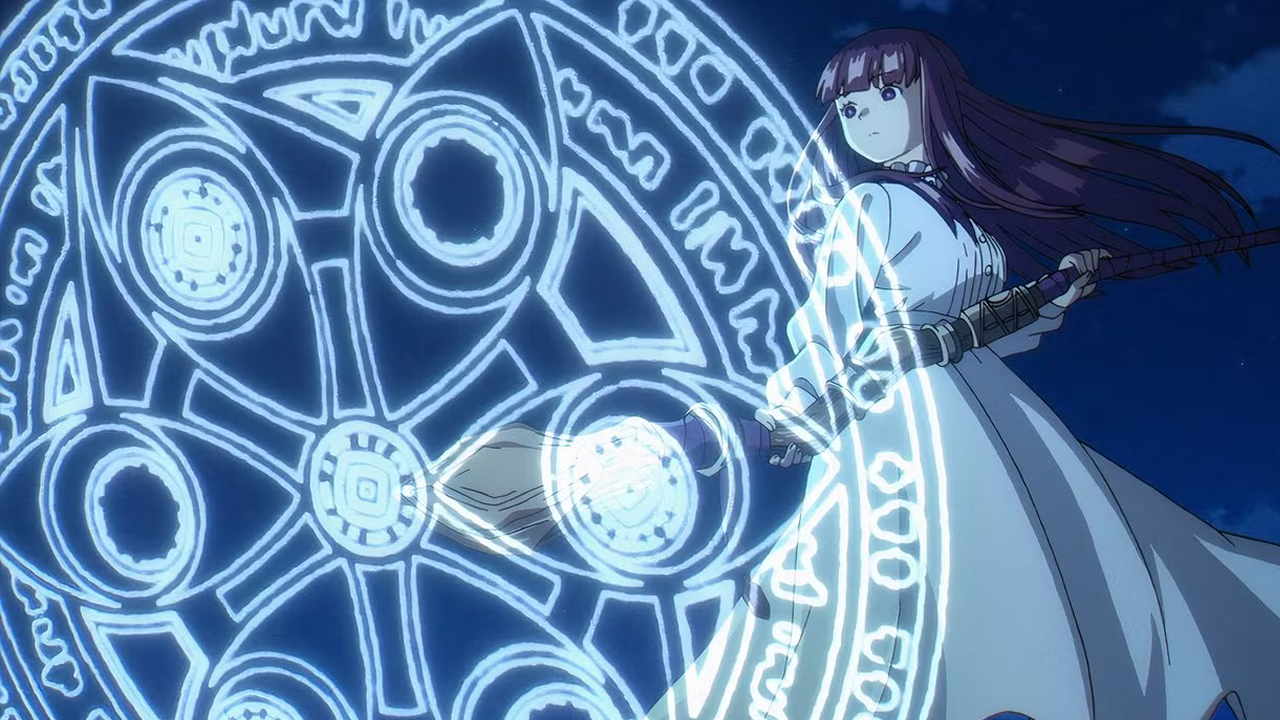
The German Is German-ing
As a German speaker, watching Frieren hits a bit differently.
Not in terms of the story, but because sometimes the names of characters or locations unintentionally spoiler you.
The most important one being Lügner – "Liar". If the character is meant to be suspicious, the name pretty much gives it away. No mystery left.
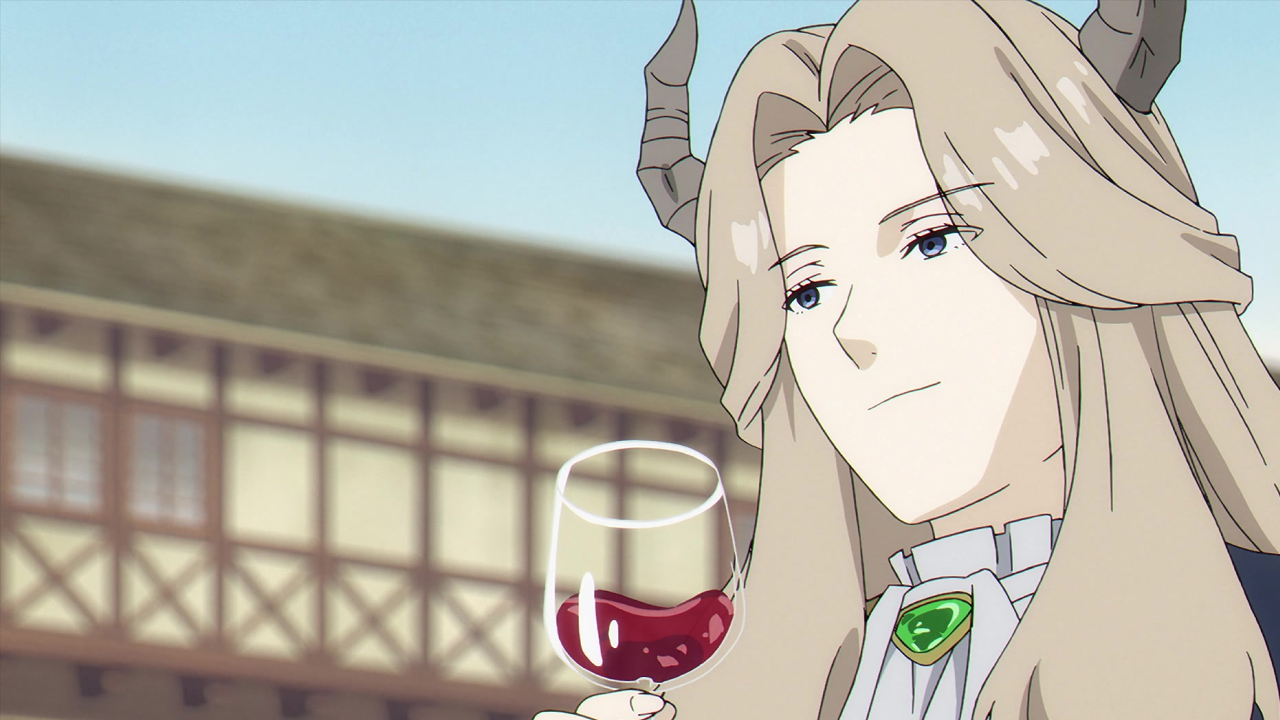
But then there are names like Stark. That means “strong.”
And in the anime’s German dub, they even refer to him as “stark” in a sentence right after saying his name. It’s like someone named “Strong” being told, “You’re very strong, Strong.”
Other names are nouns or verbs repurposed as proper names, in a way that native speakers wouldn’t do. They’re not necessarily wrong, just… off.
Like naming a character “Running” or “Anguish” and expecting it to sound elegant.
Kanne means “pot” or “jug.” Länge is just “length.” Methode is, well, “method.” Denken means “thinking.” Blei? That’s “lead,” the metal. Lawine is “avalanche,” and Dünste means “steam,”... You get the picture.
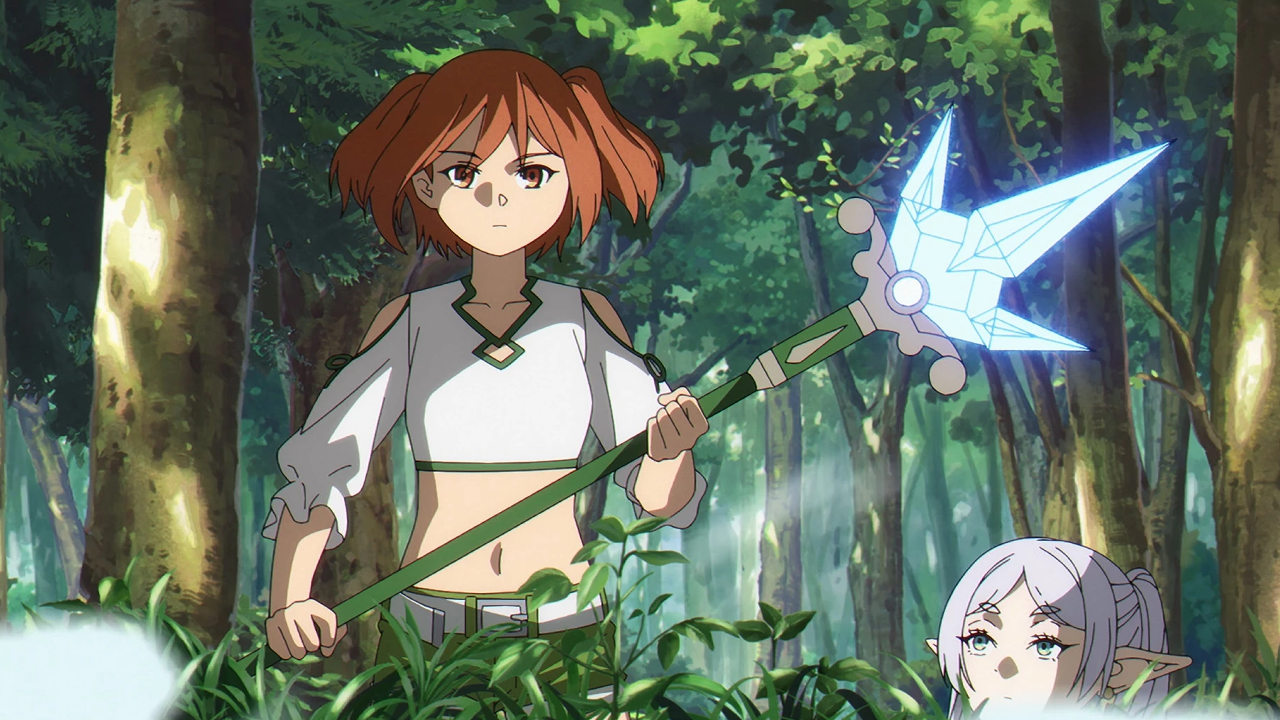
Imagine trying to get emotionally invested in a character named “Sneezing” or “Driving.” That’s how it feels.
Honestly, this whole thing reminded me of how Western media sometimes uses Japanese words or kanji because they “look cool” and people end up with tattoos that say “water bottle” or T-shirts that say “rice.”
It makes me laugh, but I also get it.
To be clear, this isn’t a new phenomenon. In games like Splatoon 3, two of the main characters are literally called "Shiver" and "Fry". That also sounds weird if you think about it.
Anime has a long history of pulling from German, Latin, or Norse to give things a sort of fantasy-Euro aesthetic. And when you don’t speak those languages, the words do sound kind of cool and mysterious.
German, in particular, has been a favorite for years – think of Attack on Titan or Blassreiter (yes, that was a real title – that would be "pale rider" in English).
It doesn’t ruin the show by any means, but it adds this layer of unintentional comedy that you can’t really explain to non-German-speaking friends without sounding like you’re nitpicking.
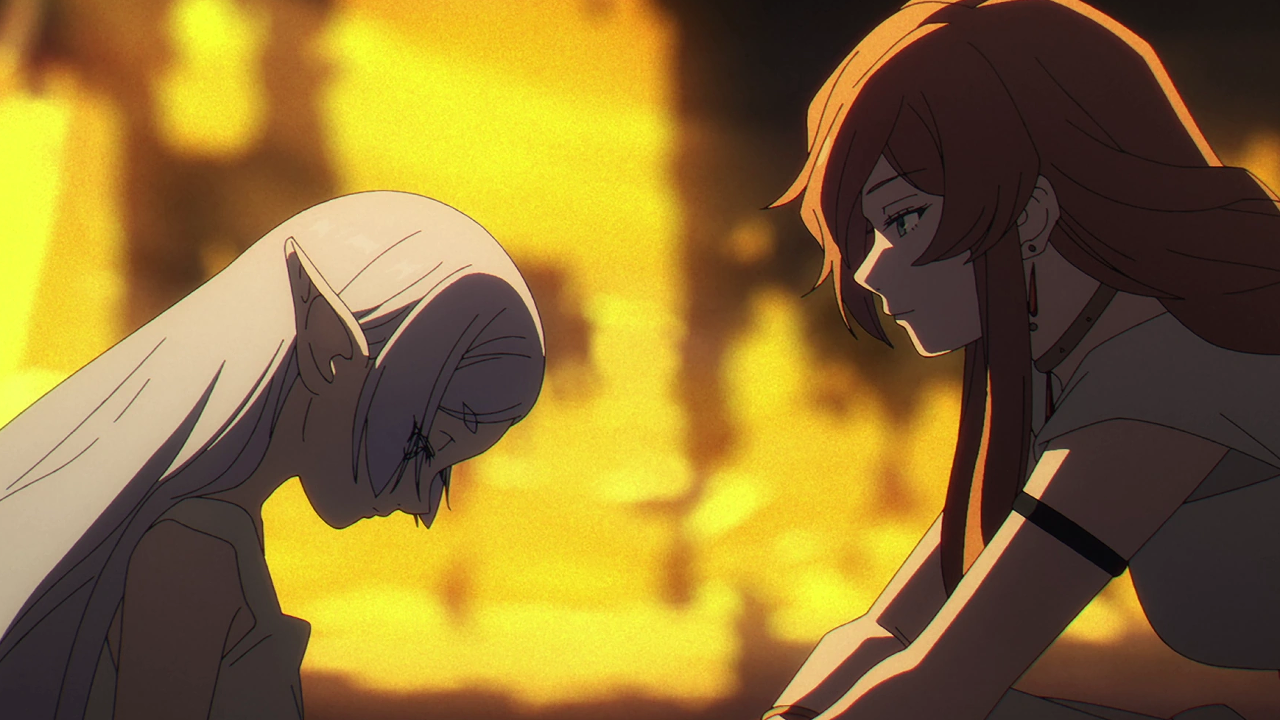
Again, I don’t want to come off as too harsh. I completely understand that naming things in a foreign language is tough.
Weirdly enough, I actually kind of dig it. I just think it could be improved upon.
A Missed Opportunity (But an Easy Fix)
Honestly, with just a bit more worldbuilding or consistency, the naming concept could’ve been genius. Here's just some ideas to give alternatives to the established worldbuilding and maybe improve upon it!
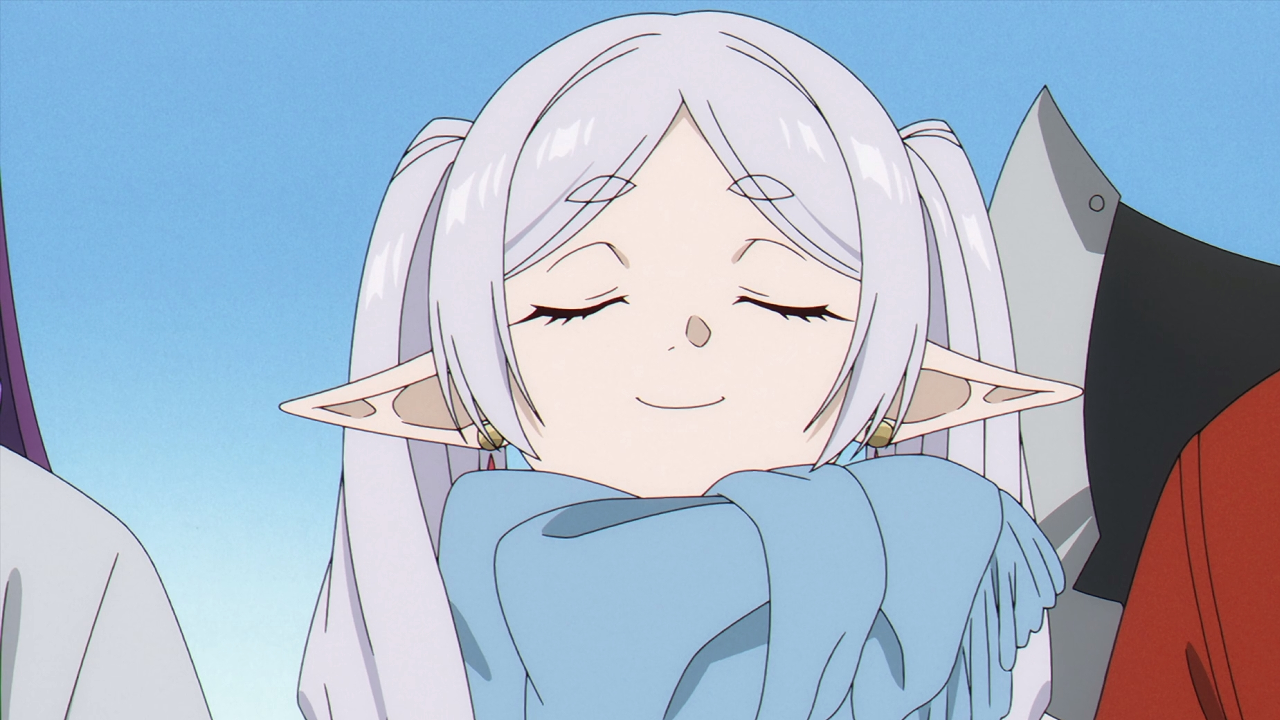
In German, naming someone Stark or Kraft doesn’t feel powerful – it feels weirdly utilitarian. But if those were titles, it would make more sense.
Like in older naming traditions of important historical figures – like Heinrich der Große ("Henry the Great"), Ivan the Terrible, etc. where names evolve to reflect someone’s status or defining trait.
If the worldbuilding had leaned into that, it could’ve become a cool system: names that replace the old ones once a character reaches a milestone or earns a reputation.
Now that’s worldbuilding. You could even have characters with past names they’ve left behind to show growth in character. Imagine a warrior once called Still ("Silent") now being named Stark ("Strong") after proving himself. That’s compelling.
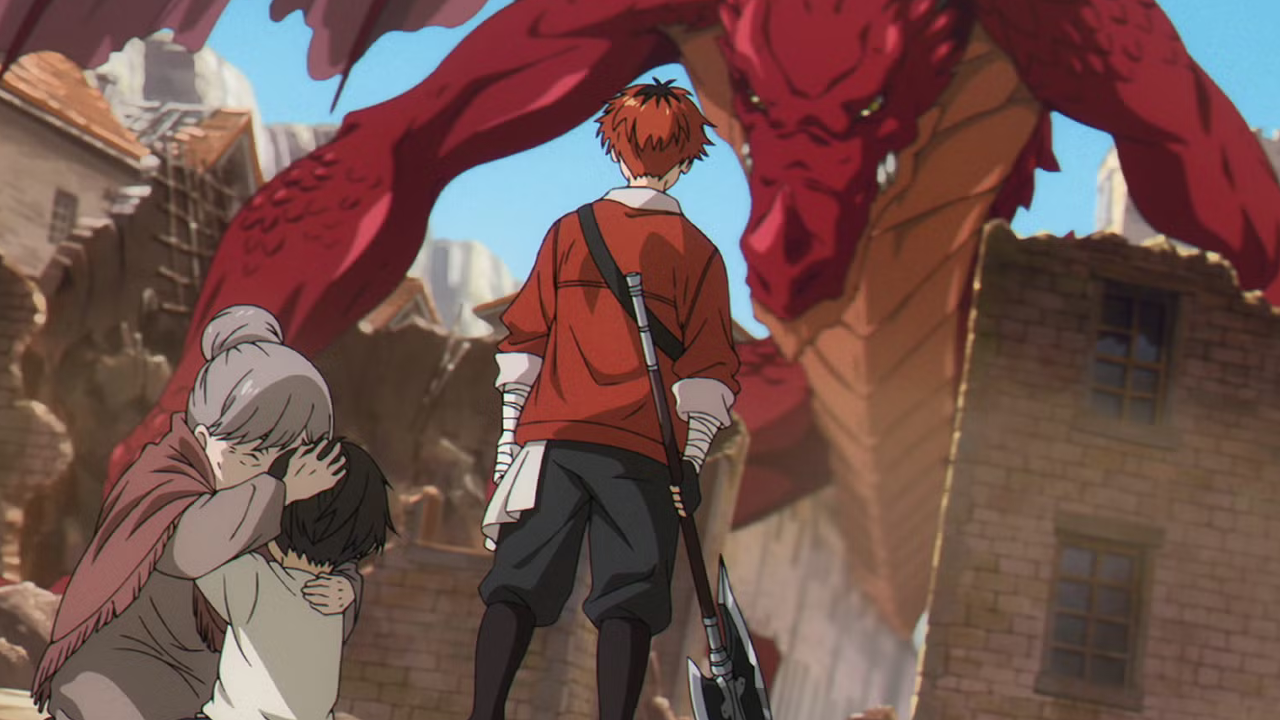
It would also help make the world feel more lived-in. Right now, there’s no real naming consistency between races or regions in Frieren. Demons, elves, dwarves, humans – everyone just gets German words as names, with no naming pattern, cultural logic, or phonetic structure.
This is a missed opportunity. Differentiating naming systems by culture or race could make the world more immersive.
Maybe humans use trait-based titles earned over time, while elves keep their birth names as part of a long heritage. Dwarves might name based on craft or lineage.
Even having naming conventions – like syllable patterns, meanings, or roots unique to each culture – would add depth and make the setting feel more coherent.
This idea fits especially well with demons. While in the anime demons don’t seem to use names to distinguish themselves, they could.
It would align perfectly with how demon society appears to value strength and intimidation.
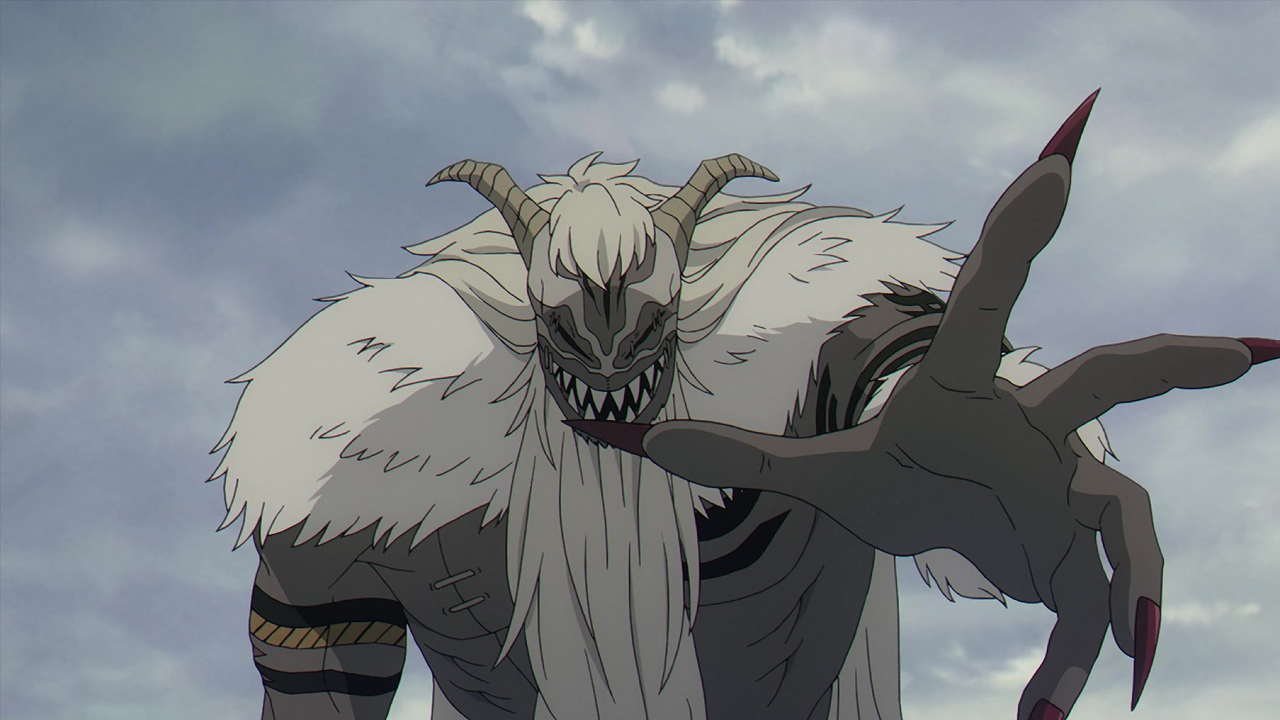
If names were granted based on rank or feared reputation like characters being called Geizig (“stingy”) when having a low rank, and Grauen (“horror”) it wouldn’t just sound cool but establish a clear hierarchic structure.
In case you simply want to keep the same system as before, just using some alternatives could be an easy fix!
Methode might become Weise (method/way). Instead of Stark, maybe something more old-fashioned like Wacker (valiant). Lügner could be swapped for a similarly negative word without giving the plot away – like Stören (to disturb) or Protz (braggart/show-off).
Funny Names To A German, But Still A Great Show
Yes, some names in Frieren are questionable. Some are funny.
What sounds “exotic” or “fantasy-like” to one audience might sound very ordinary to another. And that’s something I think is worth talking about, especially as anime becomes more global and international audiences are no longer just a secondary consideration.
I’m not here to shame the author – language barriers are real, and using a foreign language in creative writing is hard. But I do think a little linguistic feedback could help turn the established name-concept into something genuinely intriguing.
That said, the awkward naming never ruins the show. If anything, it actually adds a unique charm to it. It might be a source of low-key comedy, but Frieren still hits hard where it matters.
Still watching. Still loving it.


































